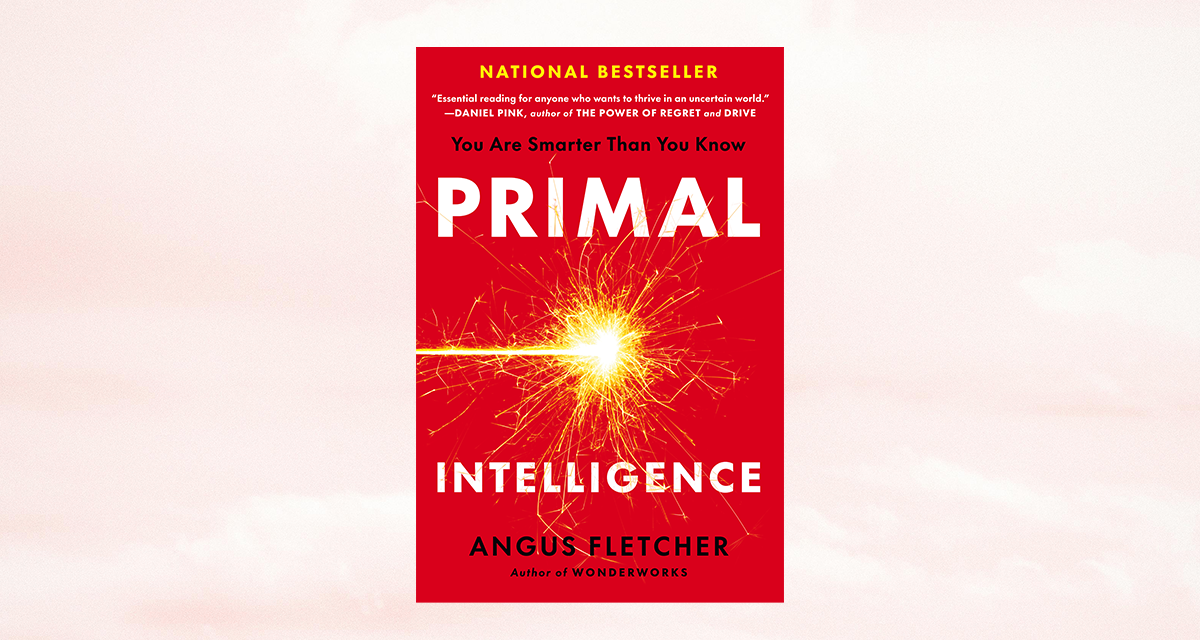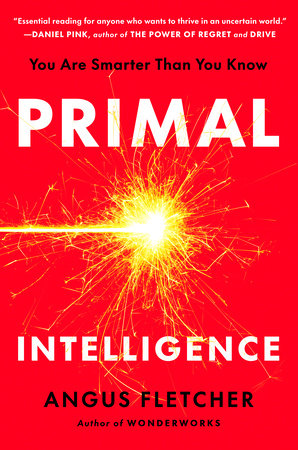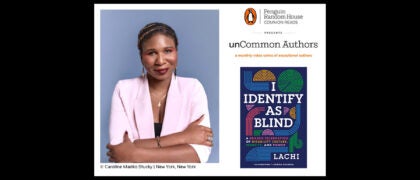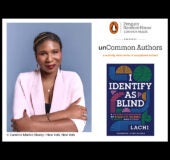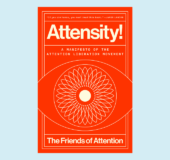How are some people so much smarter than the rest of us? In 2021, researchers at Ohio State’s Project Narrative—renowned for collaborations with NASA, Hollywood, and Silicon Valley—announced they had the answer. They named it Primal Intelligence. It offers a new neuroscientific framework for understanding intuition, imagination, emotion, and commonsense—the four pillars of Primal Intelligence.
Introduction: Your Lost Nature
My theory is that the modern world has incorrectly defined intelligence.
Intelligence is almost universally defined—including by the U.S. Department of Education, Microsoft and Google, the Nobel Prize in Economics, the Chinese government, and the IQ test—as logic. Logic is used in casual conversation to refer to any method of thinking that makes sense to a reasonable person, but logic could not be automated by computers if it did not involve a precisely defined set of mechanical operations. Those operations were identified more than two millennia ago by the Greek polymath Aristotle, and in addition to driving artificial intelligence, they power arithmetic, statistics, design, data analytics, induction, deduction, interpretation, critical thinking, Bayesian inference, optimization, ideation, behavioral economics, organizational psychology, system 2, pattern finding, and just about everything taught and assessed in twenty-first-century classrooms.
Logic pervades these classrooms not only because it is seen as the essence of intelligence but also because it is hard for humans, requiring years of study. Which raises the question: How would our brains think without that study? What’s the way we naturally think?
Logic’s answer is that the human brain is predisposed toward two nonlogical behaviors: randomness and error. Randomness is the absence of logic. Error is the opposite of logic. Randomness is, in the view of many logicians, a source of creativity, so it is valued within bounds. Error is, however, to be eliminated by targeting its root causes: emotion and cognitive bias.
This logical view of the brain is absurd. It defies basic biology. It seems sensible only because it is repeated endlessly to us from the moment we set foot in school. We are brainwashed to believe it, to our own detriment.
The path back to sanity begins by acknowledging that intelligence is more than logic enriched with generative bursts of randomness. Randomness is capricious and wasteful—while intelligence is purposeful and prudent. This is why the human brain is not random, as you can prove. Try to make a list of random numbers. You will go slowly and your numbers will clump nonrandomly. That doesn’t mean, however, that your neurons are running logic. Logic requires data, and in life, data is almost always in short supply. To handle the unstable dark of worldly existence, our brain had to develop mechanisms for acting smart with little, even no, information. Otherwise, intelligence would have been as useful as an empty spreadsheet.
All of which adds up to: The brain has nonlogical intelligence that isn’t arbitrary. That intelligence evolved millions of years before AI’s data-dependent circuits, investing our primordial ancestors with the ability to succeed in the unknown. At first, this ability was simply accepted as the way of life. But as our ancestors self-reflected, using their intelligence to examine itself, they parsed it into four primal powers: intuition, imagination, emotion, and commonsense.
- Intuition perceives the world’s hidden rules.
- Imagination makes the future.
- Emotion knows the path of personal growth.
- Commonsense decides wisely in uncertainty.
These four primal powers are why humans can act smart with little information. Not that we always act smart with little information. But the fact that we can act smart is why we’re capable of succeeding in situations where AI haywires. AI can make logical deductions and it can spam out chance ideas. But it is mechanically incapable of commonsense or imagination, so it will always underperform human brains when data is thin or fragile, making computer-think a loser in most facets of innovation, leadership, and ordinary life.
That real-world limit of logic reveals why our current educational system is failing. By drilling students to think like computers, it is training them to do what their laptops can do better—while not helping them improve the natural cleverness that AI can’t replicate. It is condemning future generations to be second-class algorithms with less practical smarts than the original humans.
To fix this situation, we don’t need to dismantle school; design thinking and statistics can be useful tools. But we do need to enrich classrooms with methods to strengthen the root of Primal Intelligence. That root is not magical. It is not consciousness or some ineffable power. It is a physical operation that runs on mechanical parts of the animal neuron that do not exist in computer logic gates and that cannot be engineered, ever, from electronic transistors.
What is this nonmagical source of worldly ingenuity? What is the ancient brainpower that allows us to be smart in ways that AI never will? Here is where my theory gets so unusual that it was rejected by everyone except for U.S. Army Special Operations. My theory is that intuition, commonsense, and the rest of Primal Intelligence are driven by narrative cognition. Or to put it in regular speak: The human brain is real-life smart because it thinks in story.
Copyright © 2025 by Angus Fletcher. All rights reserved. No part of this excerpt may be reproduced or reprinted without permission in writing from the publisher.
Angus Fletcher is a professor of story science at Ohio State’s Project Narrative. His research has been called “life-changing” by Brene Brown and “mind blowing” by Malcolm Gladwell; has been endorsed by psychologists, neuroscientists, and doctors such as Martin Seligman and Antonio Damasio; and has been supported by institutions from the National Science Foundation to the Academy of Motion Picture Arts and Sciences. In 2023, he was awarded the Commendation Medal by the U.S. Army for his “groundbreaking research” with U.S. Army Special Operations into primal intelligence.

